“Context is crucial”
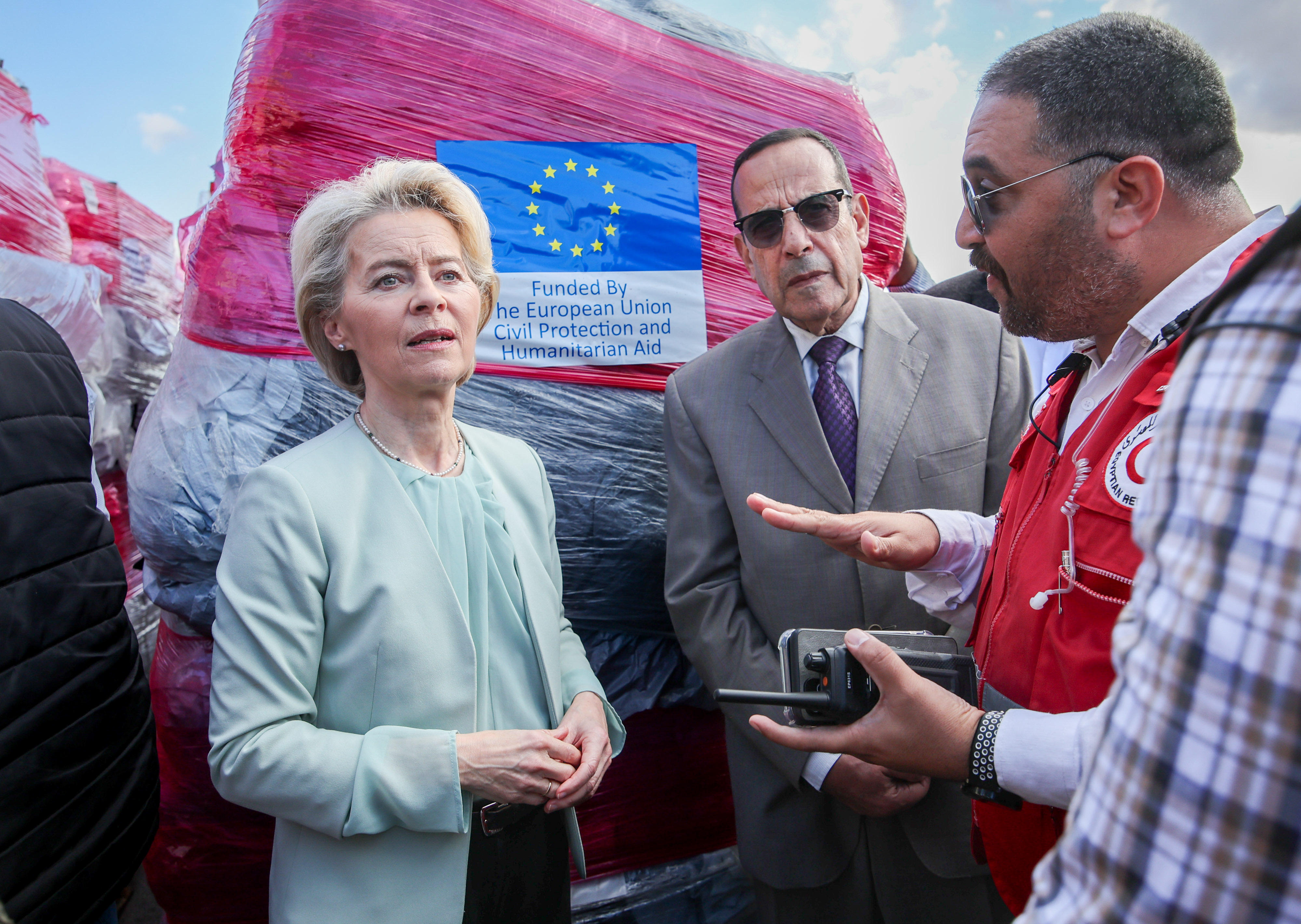
In response to a question about why the G7 meeting held in June in Italy did not condemn Israel for civilian deaths in Gaza, Italian Prime Minister Giorgia Meloni asserted that "we need to remember who started all this, and it wasn't Israel." How would you comment her statement?
Lorenzo Kamel: The criminal attack perpetrated by Hamas and other Palestinian groups on October 7 must be unequivocally condemned, and those who committed it must be held accountable. That said, if discussing what is happening in Gaza requires mentioning the crimes perpetrated by Hamas on that day, then it logically follows that discussing these crimes necessitates acknowledging the longstanding experiences of Palestinians over decades.
Consistency in context is crucial. Starting, for instance, from the tragic history of villages like Huj, Najd, Abu Sitta, Majdal, al-Jura, Yibna, and Bayt Daras could provide such context. These last three villages, in particular, are where the founders of Hamas – Ahmed Yassin, Abd al-Aziz al-Rantisi, and Ibrahim al-Yazuri – were expelled from as children to the so-called Gaza Strip. Providing context should of course never justify violence and crimes by any party but serve as an antidote to simplistic narratives and ideological claims. There are two rights, two deeply rooted histories, and millions of diverse traumas; simplification of either is unacceptable.
“There are two rights, two deeply rooted histories, and millions of diverse traumas; simplification of either is unacceptable.”
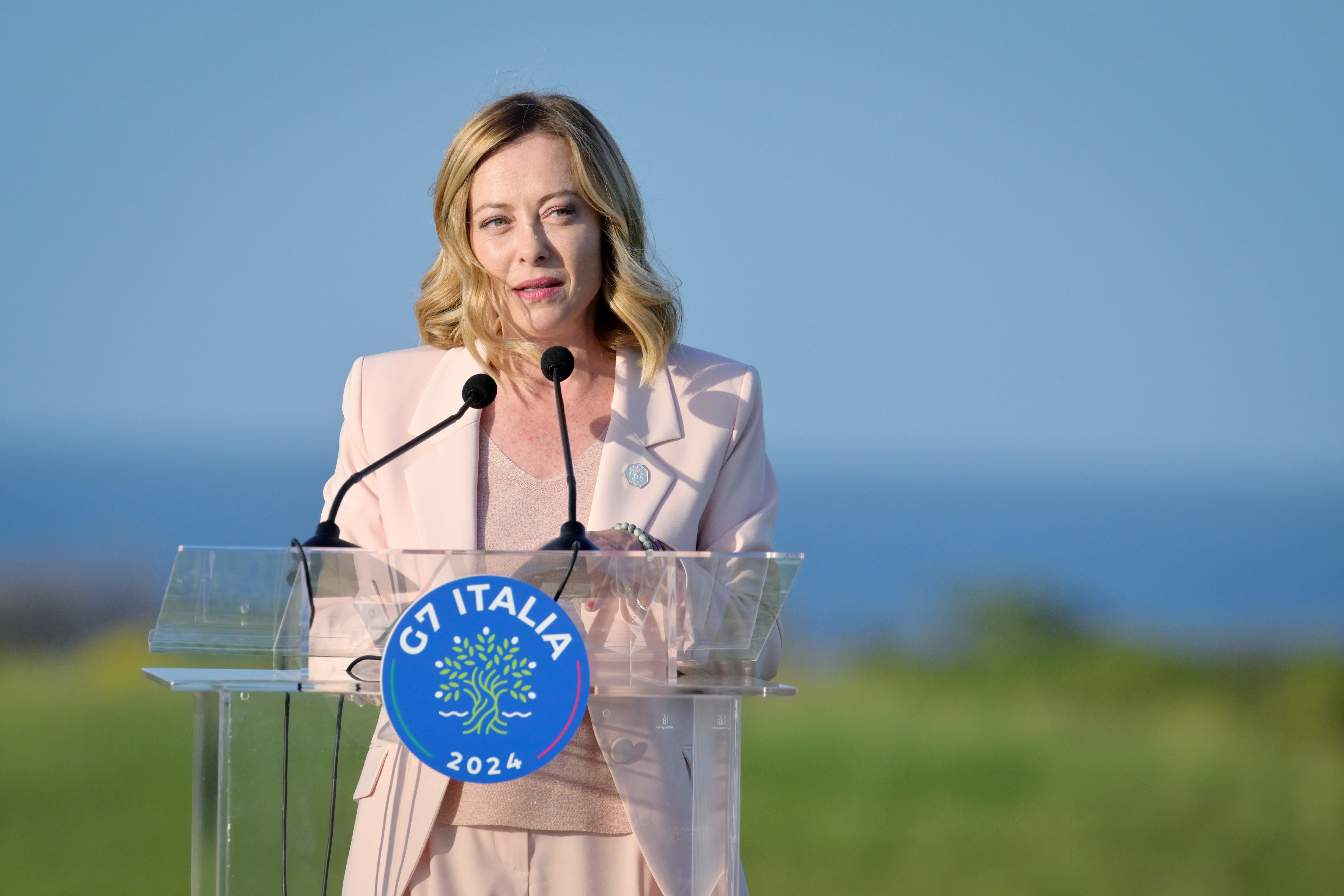
Several European states recognize a Palestinian state, while others do not. Do you think recognition will increase pressure on Israel to facilitate the establishment of a Palestinian state? How do you analyze the current situation?
Kamel: These recognitions have limited effects and do not lead to immediate changes. Yet, this is a conflict that, historically speaking, has been heavily influenced also by symbols and gestures. The recognition of the State of Palestine by a growing number of EU countries sends a precise signal, which aims, first and foremost, at denouncing an “historical anomaly”: there is no other context at the world level in which millions of civilians have lived for over 50 years both without a State and without citizenship of any country.
"There is no other context at the world level in which millions of civilians have lived for over 50 years both without a State and without citizenship of any country.”
Recognition of a Palestinian state, encompassing the West Bank, East Jerusalem, and the Gaza Strip, by all EU member states, along with a stronger commitment to the "differentiation agenda" – EU policies distinguishing between Israel and territories occupied since June 1967 – represents critical steps. Additionally, implementing rigorous economic and political sanctions against actors of all involved parties unwilling to comply with international consensus are crucial measures towards peace and a comprehensive solution. While these alone won't achieve peace, they are essential in moving towards it. Therefore, the EU, aiming to be a credible mediator, should support and endorse the increasing recognition of a Palestinian state by its member states, particularly given the significant power imbalance on the ground.
The Israeli authorities consider the West Bank as a disputed territory rather than an occupied one due to historical and legal complexities surrounding its status. Could you elaborate on this further?
Kamel: The Israeli authorities justify their policies in the occupied Palestinian territory with the argument of a “historical right to Judea and Samaria”, lands that have hosted various peoples and civilizations throughout history. Many Israeli politicians argue that the West Bank "represents the heart of the historic Jewish homeland."
If this is the main justification for acquiring additional land, however, Israel should renounce to Ashkelon, Ashdod and that part of the coastal area, which was never included in any ancient Israelite kingdom. Dozens of archaeological expeditions made over the years in the hinterland of Ashkelon – one of five ancient Philistine cities, which today encompasses what was, until 1948, the Palestinian village of al-Majdal – have confirmed that the area was never conquered by ancient Israelites. And even if one assumes that there was a conquest, the occupation of an area for a few years does not mean that it represented part of a “formative territory.” Otherwise, the many Philistine raids and occupations of Israelite towns as far east as the Jordan Valley would also make these areas “less” Israelite.
Another example is that of the Palestinian village of Umm Rashrash, present-day Eilat. The latter was conquered by the Negev and Golani Brigades on March 10, 1949, eight months after the United Nations Security Council’s Resolution 54 called for a ceasefire, preventing any acquisition of land thereafter.
Eilat's legitimacy as part of the State of Israel today rests on widespread international consensus. This consensus, upheld by over 150 countries, unequivocally opposes any annexation and deems Israeli government-funded settlements in occupied Palestinian territory as illegal. It is inconsistent to invoke international consensus regarding Eilat and other areas while disregarding it concerning the West Bank, East Jerusalem, or the Golan Heights. Many observers and analysts overlook both the selective use of "historic homeland" logic and the cherry-picking approach to international consensus.
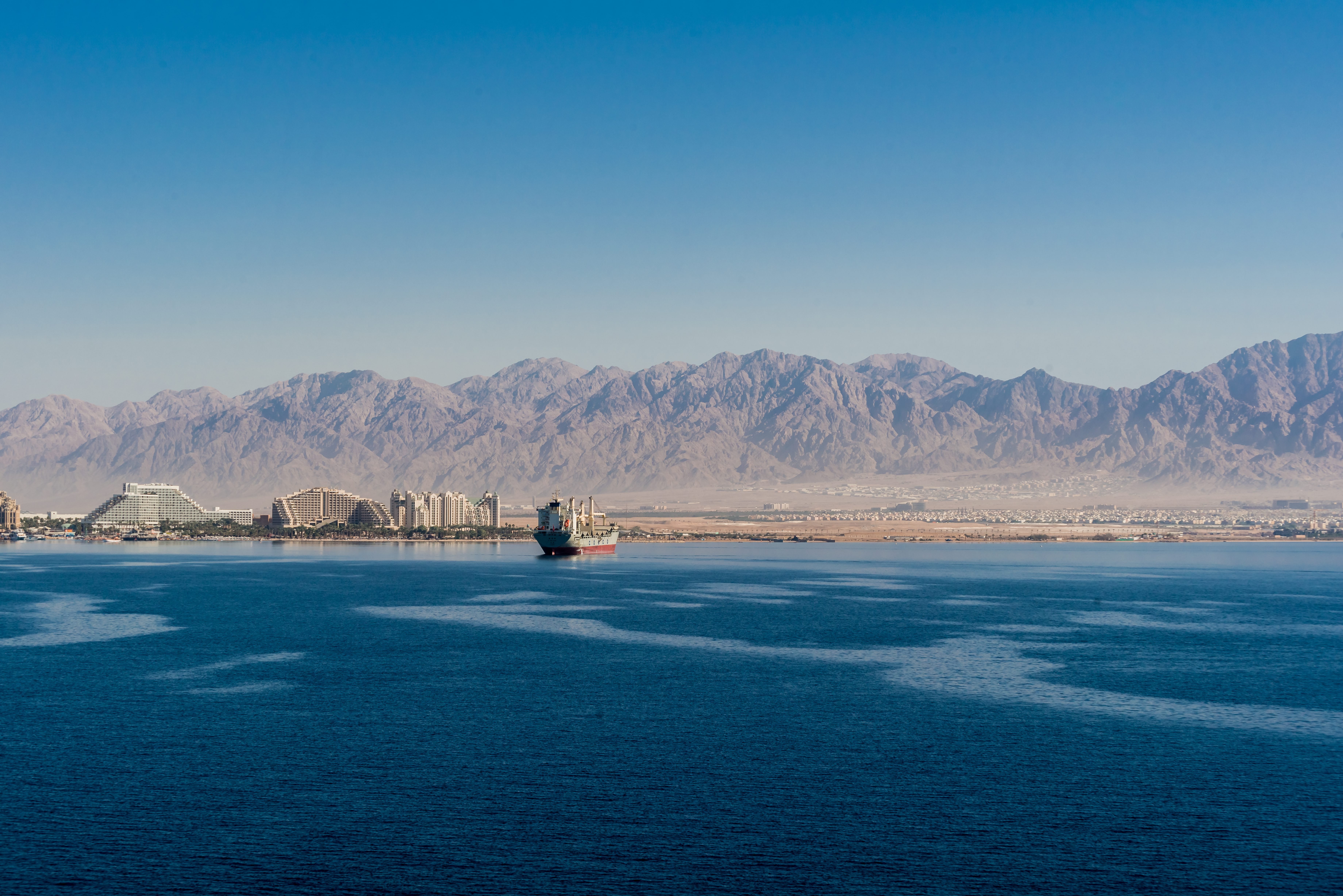
Is it conceivable, that the recognition of a Palestinian state would be interpreted as a way for rewarding Hamas?
Kamel: The quest for self-determination of the Palestinians goes well beyond, and predates, Hamas. The well-known Israeli general Moshe Dayan is recorded as saying, “if you want to make peace, you don’t talk with your friends, but with your enemies”.
“If you want to make peace, you don’t talk with your friends, but with your enemies.” [Moshe Dayan]
Figures such as, for instance, Menachem Begin and Yitzhak Shamir were responsible for horrendous attacks, also targeting many Palestinian civilians. Yet, later on, they became prime ministers of the State of Israel. Moreover, in the eyes of the Palestinians, still today the Israeli government is seen and experienced as a permanent occupier, which explicitly rejects Palestinian self-determination and is accused of war crimes. And we go back to Dayan’s words: you can’t choose your enemies, and this applies to Palestinians and Israelis alike.
Can Europe provide positive impetus and ideas for a post-war order? How could these be realized?
Kamel: Europe is vulnerable to accusations of double standards, particularly evident when it condemns and sanctions Russia for indiscriminate attacks in Ukraine, yet adopts a different stance when similar attacks, resulting in a disproportionately high number of child casualties, occur in Gaza. This contrast is accentuated by the EU and its member states, significant trading partners with Israel, providing substantial research and development subsidies to Israel’s military-industrial complex for years. A recent report from June 2024, compiled by 19 civil society organizations and trade unions, further highlights major European financial institutions investing in international arms producers that supply weapons to Israel. These instances underscore a broader pattern. Rather than focusing solely on how Europe can exert positive influence, it's crucial to acknowledge and address Europe's historically negative role in this conflict.
“Rather than focusing solely on how Europe can exert positive influence, it's crucial to acknowledge and address Europe's historically negative role in this conflict.”
The question of "how can we assist them" in this context is complex and requires humility, considering Europe's vested interests and past actions.
Given Israel's extensive control over the West Bank, the significant loss of life and continued use of military courts: What about the human rights clause in the EU-Israel Association Agreement?
Kamel: About 94 percent of the materials produced in the Israeli quarries in the West Bank is transported to Israel, which has the control of the borders, air, water, electricity, demographic registries, freedom of movement – including between Palestinian enclaves in the West Bank – and much else, in the whole area. Moreover, between January 2008 and October 6, 2023, therefore one day before the terror attacks carried out by Hamas and other Palestinian groups, 6,407 Palestinians and 308 Israelis have been killed. Finally, in no context other than the occupied Palestinian territory have military tribunals been imposed on thousands of civilians for over half a century. Despite these and many other elements, the human rights clause in the EU-Israel Association Agreement remains, since decades, only on paper.
“In no other context than the occupied Palestinian territory have military tribunals been imposed onthousands of civilians for over half a century. Despite these and many other elements, the human rights clause in the EU-Israel Association Agreement remains, since decades, only on paper.”
Whereas the EU aid to the Palestinians is substantial…
Kamel: The EU bloc of 27 countries is the main aid donor for the occupied Palestinian territory. Yet, Israeli economist Shir Hever has demonstrated that “at least 72 percent of international aid intended for Palestinians ends up in the Israeli economy”. On this I suggest you to read his book “The Political Economy of Israel’s occupation”, where he breaks down the costs of occupation, foreign aid and humanitarian aid.
The EU has expressed itself in support of an enduring ceasefire and the releasing of the hostages. Is that sufficient? What else can be addressed?
Kamel: A ceasefire is more needed than ever and might also be the only way to free the hostages alive. Freeing the Israeli hostages is a priority and Hamas must be held accountable for its severe violantion of international law. At the same time, we should not ignore “administrative detention”, which was first used during British colonial rule and then inherited by Israel. At the moment, 5900 Palestinians, some as young as 12 years old, are held in administrative detention, without any charge nor trial.
“We should not ignore “administrative detention”, which was first used during British colonial rule and then inherited by Israel. At the moment, 5900 Palestinians are held in administrative detention, without any charge nor trial.”
Often, their families know nothing about them for months or years. Since last October 7, the Red Cross has repeatedly denounced the fact that they are prevented from visiting many of Palestinians in administrative detention and this, in some cases, happened also before October 7.
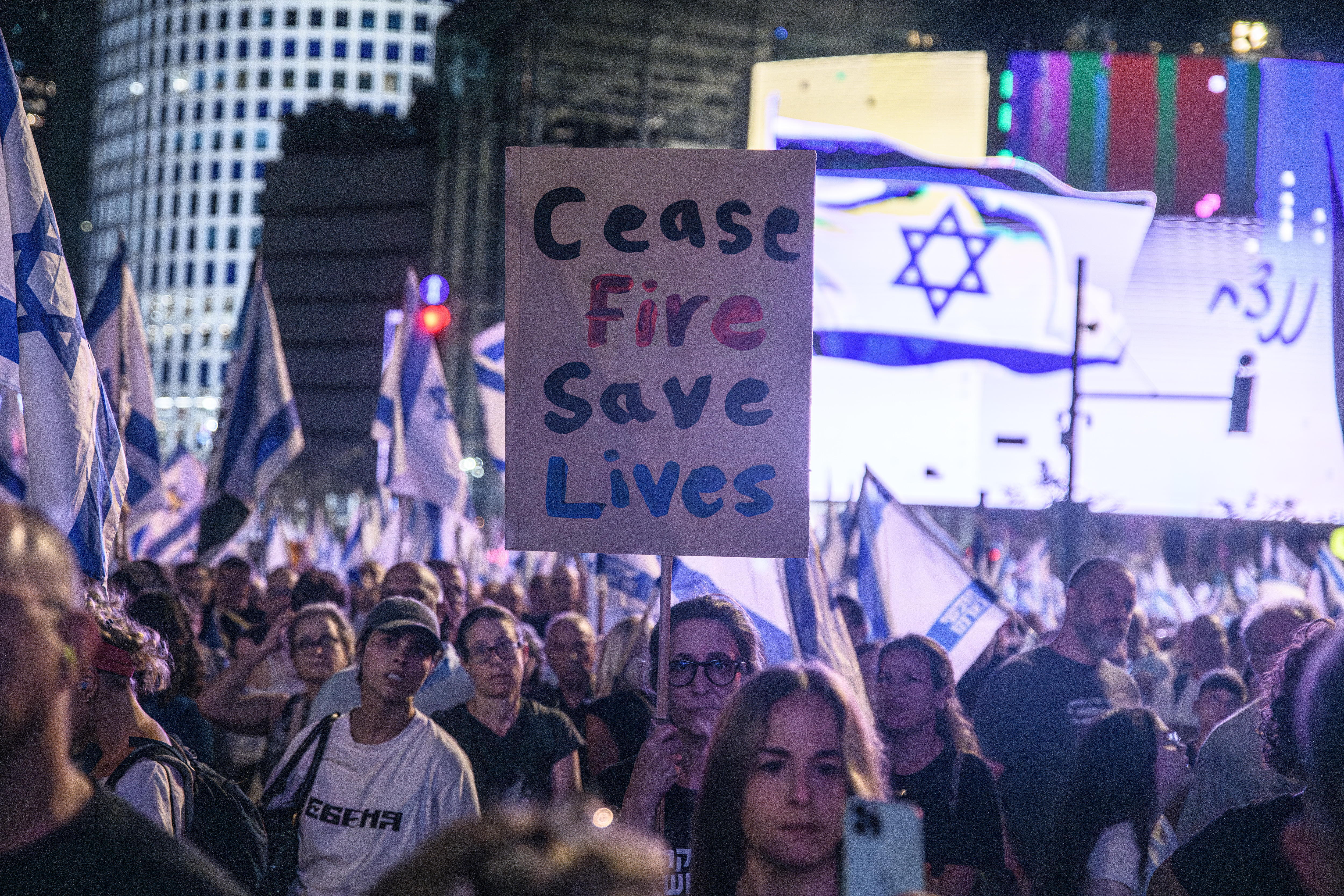
What can the EU do on the ground? What should the focus be? How can Europe balance its interventions to foster sustainable peace?
Kamel: Here, Sami Adwan, a Palestinian educator and peace researcher, and Daniel Bar-On, an Israeli psychologist renowned for his work on collective memory and reconciliation, offer valuable insights. They have collaborated on projects aimed at fostering peace-building initiatives between Israelis and Palestinians. As violence spreads, it quickly takes hold and consumes any alternative. At this juncture, the EU and other external actors must adopt a realistic approach, acknowledging Adwan and Bar-On’s assertion that in the absence of ongoing top-down peacemaking initiatives, “peace-building activities alone cannot achieve peace.” Therefore, they should temper their goals, focusing on maintaining positive interactions among peacebuilders (the concept of “islands of sanity”), and initiating small-scale projects that could expand once they align with future top-down initiatives.
Iran, Saudi Arabia, Egypt. The list of authoritarian or dictatorial regimes in the Middle East is long. How should Europe navigate its relationships with authoritarian regimes in the region?
Kamel: Iranians have witnessed the disastrous consequences of Western interference in the region, and vehemently reject it. At the same time, they want to shape a different Iran, one that – in the words of protesting Iranian students – the students of Amir Kabir University in Tehran, “will not rush into the arms of imperialism due to its fear of despotism, and one that in the name of resistance and fighting against imperialism will not legitimise despotism”. Apart from Iran: The message that many authoritarian regimes in the region have received in recent years is that they are safe from external aggression or regime change tactics as long as they act in line with European or American interests.
“Apart from Iran: The message that many authoritarian regimes in the region have received in recent years is that they are safe from external aggression or regime change tactics as long as they act in line with European or American interests.”
In other words, they can kill and dismember journalists in their consulates abroad – like in the case of the Khashoggi’s murder –, use starvation against civilians as a war tactic – see, for instance, the situation in Yemen – , or carry out, like in Egypt, “widespread crimes under international law and human rights violations”, but their countries will not suffer economic sanctions and military interventions. The EU and its member states might become more effective and credible players if they will be able to act and care about human rights violations also when the latter are committed by regimes which preserve European and Western interests.
How do you believe European countries and the US can effectively shift their approach to prioritize accountability and governance reform in the region, rather than reinforcing existing power structures?
Kamel: The so-called Arab countries are ruled by unelected regimes which are domestically highly unpopular. The lack of accountability lies at the heart of many of the problems that affect the region. When accountability is very low, services do not meet the needs of citizens, and this is particularly true in relation to the poorest segments of the local populations. Weak governance and corruption are two other major problems and contribute much to the absence of democracy and functioning states in the Middle East.
“Weak governance and corruption are two other major problems and contribute much to the absence of democracy and functioning states in the Middle East.”
Yet, once again, a major role is also played by external actors, including European countries and the US, which consider oppressive regimes as part of the solution and not the problem. Not by chance, Egyptian exports to Israel double just now, and UAE and Jordan exports also surge. As one former Israeli general said in 2015 to Michael Oren, his country’s former ambassador to the United States, “Why won’t Americans face the truth? To defend Western freedom, they must preserve Middle Eastern tyranny”. This kind of approaches are quite common at our latitude. All this further reminds us that it is necessary, today more than ever, to overcome the segregated interpretation which divides ‘our history’ from ‘their history’, paving the way for a humbler approach toward the peoples’ region and their scars.
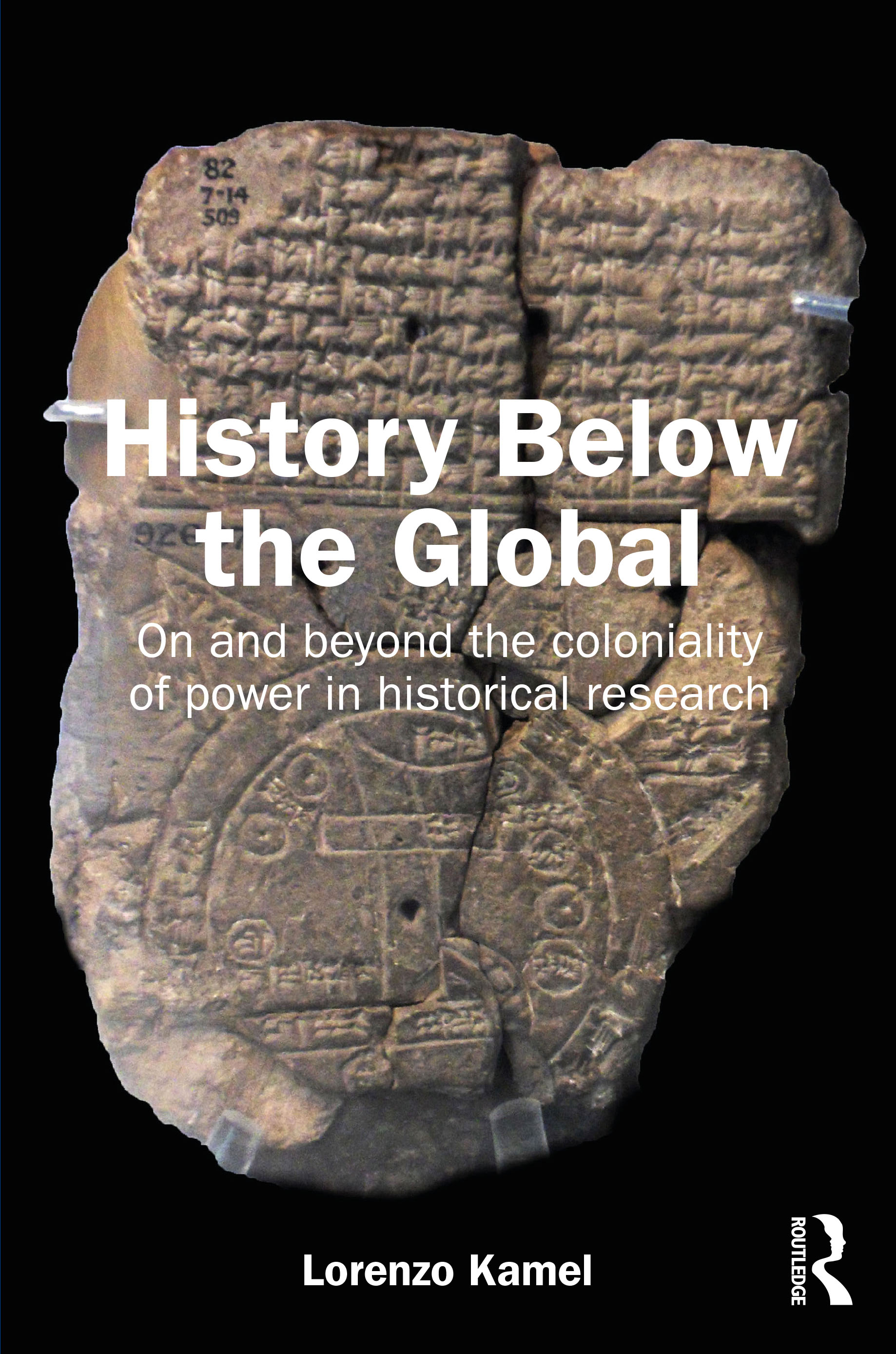
In your latest book “History Below the Global” you propose a more inclusive way of studying history. How can this be realized?
Kamel: If scholars are to play a positive role in the struggle to bend the arc of history away from supremacism, oppression, and toward human and environmental justice and inclusiveness, non-European and/or non-Western knowledges should be part of a more informed and structured dialogue, both within and outside academia. While not embracing, nor fostering, any “fashionable anti-Western approach” – a claim which is increasingly fashionable itself – the book provides several key elements and analyses to address and tackle the ongoing tendency to find it normal to ostracize or shun those deemed “unworthy”: a contribution to shed light on the coloniality of power in historical research.
Interview by William Billows
© Qantara.de 2024
Lorenzo Kamel is Professor of Global History and History of the Middle East and North Africa at the University of Turin. His latest book is “History Below the Global” (Routledge, 2024).
